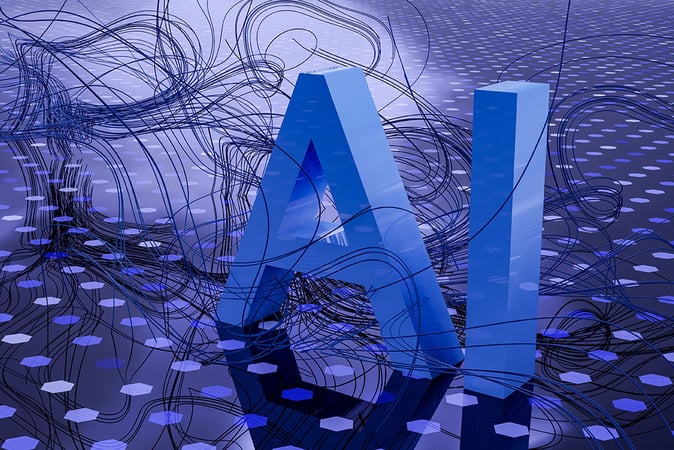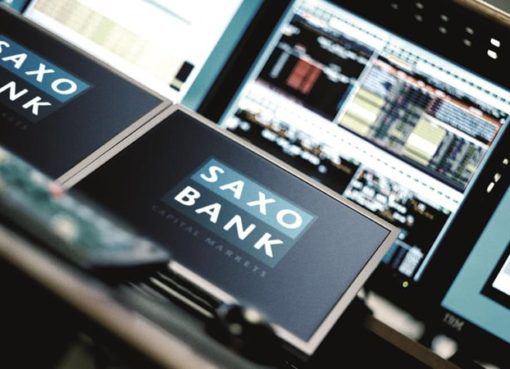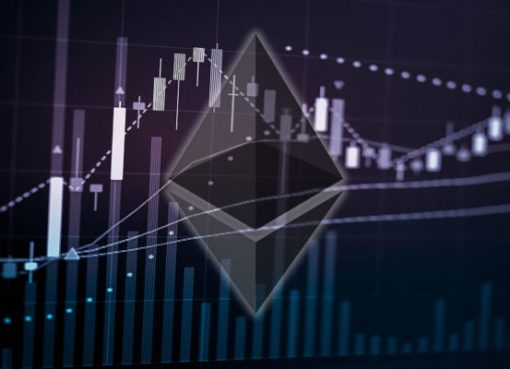The G7’s AI Code of Conduct emerges at a time when governments worldwide are grappling with the transformative power of AI.
The Group of Seven (G7) industrial countries, consisting of Canada, France, Germany, Italy, Japan, Britain, the United States, and the European Union is set to make a significant stride in the Artificial Intelligence (AI) development space.
As of October 30, G7 nations are expected to agree upon a comprehensive AI code of conduct, a crucial framework designed to guide developers in the responsible creation and deployment of AI systems. This milestone underscores the growing recognition of AI’s profound implications and the importance of balancing innovation with ethical considerations.
The Origins of the G7 Code of Conduct
The process of drafting this Code of Conduct began in May when leaders of the G7 economies initiated the “Hiroshima AI process”. The primary motivation behind this initiative is to create a framework that can guide the responsible development and deployment of advanced AI systems worldwide.
Vera Jourova, the European Commission’s digital chief, stated earlier this month at a forum on internet governance in Kyoto, Japan, that a Code of Conduct was a strong foundation for ensuring safety and that it would serve as a bridge until regulation is in place.
The voluntary code of conduct, which comprises 11 key points, will serve as a valuable reference for organizations and businesses developing cutting-edge AI systems, including foundation models and generative AI systems.
The code provides voluntary guidance for organizations engaged in developing cutting-edge AI, serving as a reference point for best practices. Companies are urged to identify, evaluate, and mitigate risks at every stage of the AI development process. This approach ensures that potential issues are addressed before they can lead to harm.
The code also emphasizes the importance of dealing with incidents and patterns of misuse once AI products are in the market, ensuring swift and appropriate responses to safeguard AI integrity. Additionally, Companies are urged to publish public reports detailing their AI systems’ capabilities, limitations, and usage, fostering trust and accountability.
Furthermore, robust security controls are recommended to protect AI systems from unauthorized access and breaches, ensuring the confidentiality and integrity of these systems.
The Global Context of AI Regulation
The G7’s AI Code of Conduct emerges at a time when governments worldwide are grappling with the transformative power of AI. It complements other notable efforts to regulate AI.
The European Union has been at the forefront of AI regulation, with its landmark EU AI Act, which passed its first draft in June. The Act covers various aspects of AI, including high-risk systems, transparency, and liability. In September, the United Kingdom’s (UK) antitrust agency set principles that should form the framework for guiding AI regulation.
While the EU has taken a more assertive approach to AI regulation, Japan, the United States, and countries in Southeast Asia have adopted a more hands-off strategy, aiming to stimulate economic growth through AI technology.
Benjamin Godfrey is a blockchain enthusiast and journalist who relishes writing about the real life applications of blockchain technology and innovations to drive general acceptance and worldwide integration of the emerging technology. His desire to educate people about cryptocurrencies inspires his contributions to renowned blockchain media and sites.




